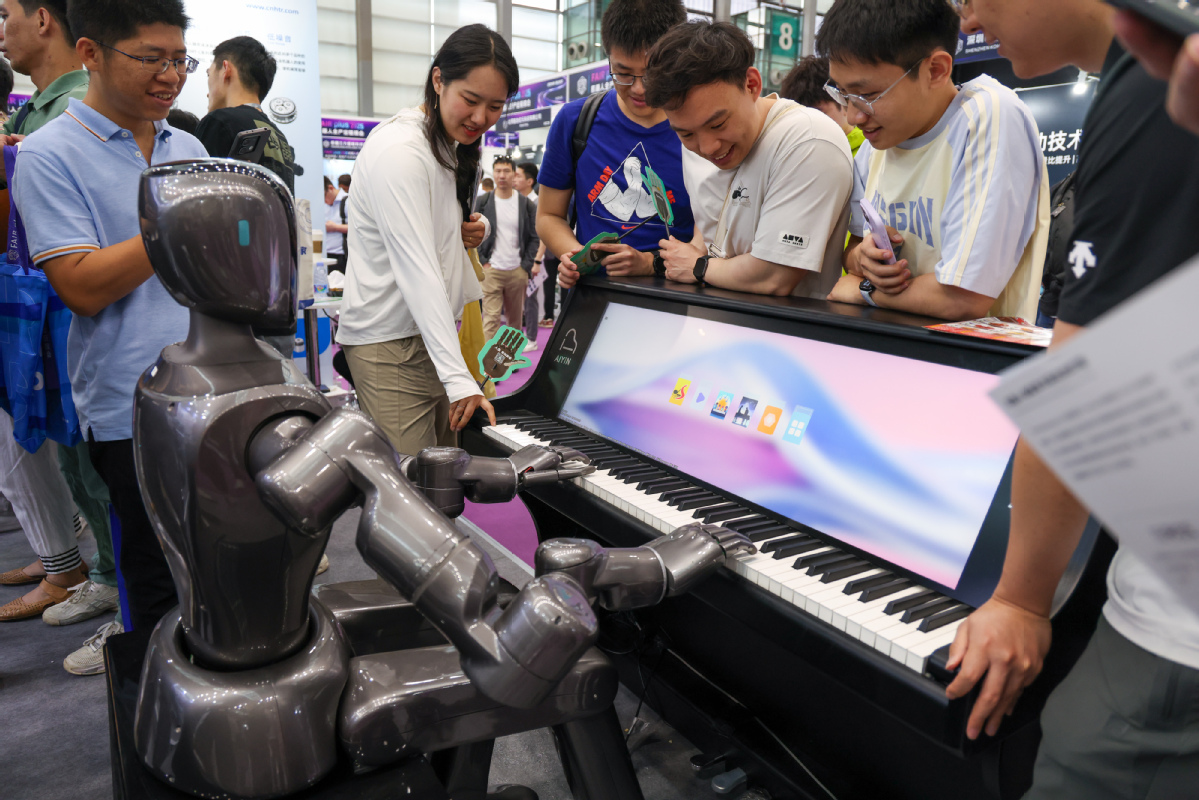
SHENZHEN - How small can a sensor be? In the southern Chinese tech hub of Shenzhen, the answer is just 8.5 millimeters in diameter.
The world's smallest optic-based force sensor to date was developed by Haptron Scientific, a technology firm that launched in the city in 2019. Founder and CEO Yu Chen has revealed that the button-shaped gadget is domestically produced and has full technological independence.
"Sensors are the precondition for translating intelligence into reality and applying it to practical uses," Yu told Xinhua, adding that the company's high-precision sensor solutions have been applied to sectors such as space, aviation, robotics, smart medical devices and new energy.
Yu said that, for example, installing the sensor at the fingertip or wrist of a humanoid robot can greatly improve the machine's force control, making it possible to develop robotic arms that are as delicate as a human's.
"We don't worry at all about being bottlenecked technologically," Yu said.
Shenzhen is known as China's Silicon Valley. Yu noted that his company decided to settle there due to its complete supply chains, favorable business environment and wealth of international talent.
In Shenzhen's Nanshan district, an industrial cluster is attracting more and more tech firms, with robot startups and academic and research institutes forming a robust ecosystem.

